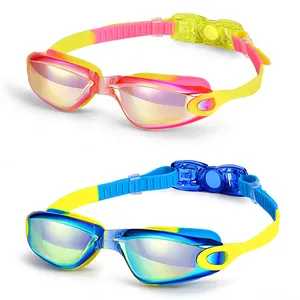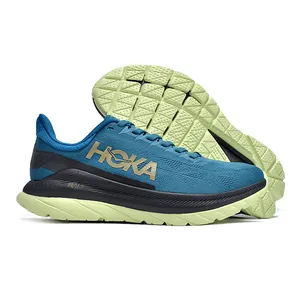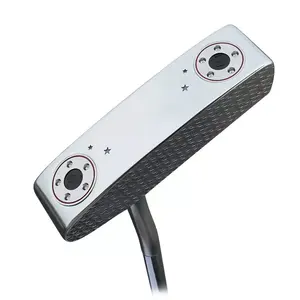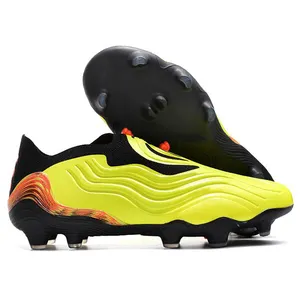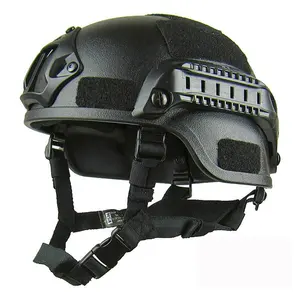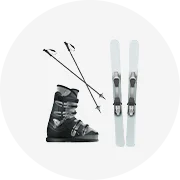








































































































































Top categories
About tuba
What are Tuba
The tuba is a brass instrument known for its deep and resonant sound, making it the bass foundation in orchestras, concert bands, brass ensembles, and as a solo instrument. It is the largest and lowest-pitched instrument in the brass family, and its rich tones are produced by the vibration of the player's lips as they blow into a cup-shaped mouthpiece. The tuba's sound is amplified through a large bell, which can vary in size and shape depending on the type of tuba.
Players of this majestic instrument range from students in school bands to professional musicians in symphony orchestras. The tuba is an indispensable component of traditional wind ensembles and is also found in jazz, Latin, and pop music. Its versatility allows it to fit into diverse musical contexts, from providing harmonic support to carrying the melody line.
The mechanism of a tuba works on the principle of valve systems that allow the player to change the pitch. By pressing down on valves, which are typically piston or rotary style, the air path lengthens inside the tuba, lowering the pitch. Players combine this with variations in lip tension and air flow to produce a wide range of notes. Mastery of breath control, embouchure strength, and finger dexterity are essential for tubists to perform with dynamic control and musical expression.
Types of Tuba
The world of tubas encompasses a variety of models tailored for different musical settings and player preferences. Here's an overview of some common types:
Bb Tuba: This is a standard choice for beginners and marching bands due to its manageable size and fundamental pitch in B-flat. It serves well for both solo performances and ensemble roles.
C Tuba: Favored by orchestral players for its agility and ease of blending with other instruments, the C tuba usually has a slightly brighter tone and requires more skill to play in tune.
F Tuba: Known for its characteristic warm tone, the F tuba is often used for solo repertoire or in smaller ensembles where its higher pitch can be advantageous.
Eb Tuba: This type bridges the gap between F and Bb tubas with a rich tone suitable for both band and orchestral settings.
Sousaphone: Designed for marching, the sousaphone is a wearable version of the tuba with a forward-facing bell that projects sound effectively outdoors.
Each type of tuba has been designed with specific use cases in mind, allowing musicians to select an instrument that best fits their performance environment and personal playing style.
How to choose Tuba
Selecting the right tuba requires careful consideration of several factors. Firstly, think about the context in which it will be played. For example, orchestral musicians may prefer C or F tubas for their agility and blending capabilities, while Bb tubas might be more suitable for beginners or marching bands due to their size and pitch.
The material construction influences both durability and tonal quality. Brass is commonly used; however, variations such as yellow brass or copper-nickel can affect the warmth and brightness of the sound. The surface material also plays a role; options like lacquer or silver plating not only impact aesthetics but can slightly alter sound characteristics as well.
Another aspect to consider is the valve system. Piston valves are more common in American designs and are known for their quick action, while rotary valves typically found in European models offer smooth transitions between notes. Additionally, consider features like weight—lighter instruments may be preferred for younger players or marching scenarios—and various tonal qualities based on your musical preferences or requirements.
Lastly, businesses should consider supplier reliability when purchasing wholesale tubas on Alibaba.com. Look for vendors offering Trade Assurance to ensure secure transactions and satisfactory delivery terms.
Best Tuba on Alibaba.com
For businesses seeking a wide array of tubas suitable for different playing levels and environments, Alibaba.com stands out as an international marketplace that brings together numerous suppliers providing instruments that cater to all needs. From student models to professional-grade instruments, Alibaba.com's extensive network offers access to high-quality tubas made from various materials like brass or copper-nickel and finished with lacquer or silver plating to suit every aesthetic preference.
The platform allows buyers to connect with suppliers offering customizations that meet specific requirements, be it adjusting valve systems or selecting unique finishes. With options ranging from lightweight designs for ease of portability to feature-packed models equipped with advanced functions like noise-canceling capabilities, Alibaba.com is adept at serving diverse buyer demands.
Moreover, Alibaba.com simplifies international trade by offering services such as Trade Assurance that protect payments until delivery completion. Its commitment to facilitating seamless transactions makes it an attractive choice for businesses looking to source tubas reliably and efficiently from across the globe.
Common FAQs for Tuba
What factors should I consider when choosing a tuba for my music school?
When selecting a tuba for a music school, prioritize the skill level of the students, the type of music they will be playing, and the tuba's key—Bb tubas are commonly recommended for beginners. Additionally, consider the instrument's weight and ease of handling for younger players.
How do I determine the best tuba material for my band's needs?
Assess the tonal quality preference and durability requirements of your band. Brass is a standard choice, with variations like yellow brass offering a warm sound and copper-nickel known for its sturdiness and bright tone. The choice may also depend on frequency of use and performance conditions.
What are the differences between piston valves and rotary valves on tubas?
Piston valves are typically found in American-style tubas and provide quick and responsive action, making them suitable for faster music. Rotary valves, common in European models, offer smoother transitions between notes and are often preferred for their musical fluidity in orchestral settings.
Can the finish of a tuba affect its sound?
Yes, the finish of a tuba can subtly influence its sound. For instance, lacquer finishes may produce a slightly warmer tone, while silver-plated finishes can enhance brightness and projection.
What key should I choose for a student beginner tuba?
For student beginners, Bb tubas are often recommended due to their standard pitch and manageable size, making them easier to play and learn on.
Is it important to consider the weight of a tuba?
Yes, especially if the tuba will be used by students or in marching bands. Lighter instruments reduce fatigue and are easier to manage during performances or rehearsals.
How does the bell size of a tuba affect its sound projection?
Larger bell sizes typically yield greater sound projection, which can be beneficial in outdoor or marching band settings. Smaller bells may offer more control, suitable for solo or chamber music contexts.
What features should I look for in a marching band tuba?
For marching bands, look for sousaphones or convertible tubas designed with forward-facing bells for better sound projection outdoors. Durability, comfortable harnesses or shoulder straps, and lighter weight are also important features.
Are there eco-friendly options available for tubas?
Some manufacturers offer eco-friendly materials in their instrument construction. However, traditional brass instruments like tubas do not typically fall into this category due to their metal construction. Consider the supplier's manufacturing practices if sustainability is a concern.
What is the advantage of choosing a 4-valve tuba over a 3-valve one?
A 4-valve tuba offers extended range and better intonation control in the lower register compared to a 3-valve instrument. It can be particularly beneficial for advanced players who require these capabilities for complex repertoire.
How does the age range of my students affect which type of tuba I should purchase?
Younger students may benefit from smaller sized instruments like 3/4 tubas or lighter models made from alternative materials to ease handling. For older students, full-sized Bb or C tubas may be more appropriate.
How can I ensure that I am purchasing a high-quality tuba for my business?
Look for suppliers with good ratings and reviews on Alibaba.com, and consider those offering Trade Assurance for added transaction security. Check detailed product descriptions and communicate directly with suppliers to ask about craftsmanship and quality control measures.
Are there portable audio options available with tubas?
While traditional acoustic tubas do not have built-in audio features, some models may include attachments or accessories compatible with portable audio systems for amplification purposes during performances.
